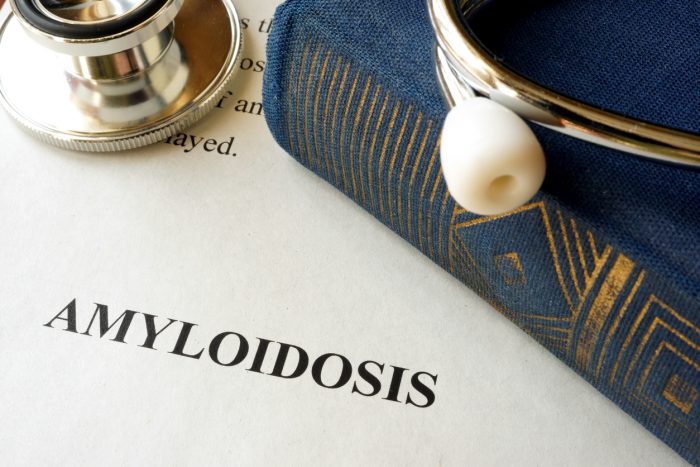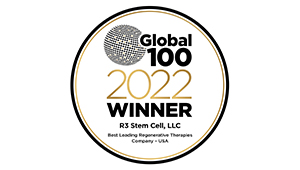17 Oct Autologous Stem Cell Transplantation for Amyloidosis Patient
Light chain amyloidosis results from clonal plasma cells; however, cell therapy directed against these clone cells has remained the most effective treatment for the condition. Over time, autologous stem cell transplantation (ASCT) has become a critical treatment resource for addressing light-chain amyloidosis.
Following ASCT, patients with a standard white blood cell and platelet count have shown a longer overall survival rate. But what exactly is amyloidosis, and why is autologous stem cell transplantation an effective treatment?
WHAT IS AMYLOIDOSIS?
 Amyloidosis is a rare condition that occurs when amyloid – an abnormal protein, builds up in the tissues and organs. Following this build-up, the organs could stop functioning normally. The heart, kidneys, liver, spleen, digestive tract, and nervous system are some common organs affected by amyloidosis.
Amyloidosis is a rare condition that occurs when amyloid – an abnormal protein, builds up in the tissues and organs. Following this build-up, the organs could stop functioning normally. The heart, kidneys, liver, spleen, digestive tract, and nervous system are some common organs affected by amyloidosis.
It’s quite common for amyloidosis to occur with other illnesses and may improve with treatment. However, there is a strong possibility it could result in critical organ failure if it’s not addressed in time. A well-known remedy for this condition is chemotherapy with strong cancer medications to reduce symptoms and control amyloid production. Nonetheless, a more effective treatment is stem cell transplants.
SYMPTOMS OF AMYLOIDOSIS
It takes a considerable amount of time before amyloidosis symptoms begin to show. These symptoms also vary, depending on the affected organs. However, some known symptoms include the following;
- Shortness of breath
- Ankles and legs swelling
- Diarrhea and constipation, possibly with blood.
- Acute weakness and fatigue
- Skin changes, including thick bruising and purple patches around the eye
- An enlarged tongue with wrinkled edges
Amyloidosis is very rare, and some of its risk factors include age, sex, race, kidney dialysis, family history, and other severe medical conditions. If any of the symptoms associated with this condition is experienced, a medical professional should be seen immediately.
AUTOLOGOUS STEM CELL TRANSPLANT
Pairing high-dose chemotherapy with an autologous stem cell transplant has been found to be effective in triggering complete remissions in a high number of patients. This has led to ASCT being adopted for the systemic treatment of AL amyloidosis.
In truth, autologous stem cell transplant is associated with a consistently high hematologic response rate – a normal count of white blood cells and platelets. This evidently leads to improved organ function, survival, and a better quality of life. Based on previous tests, this therapy yields better results from previous tests in patients with one to two organ functions and no cardiac defect. However, this therapy is unsuitable for patients with over two organ involvement and cardiac involvement.
This highlights the importance of patient selection in ASCT to ensure safety and optimal outcome. Autologous stem cell transplant should only be administered to patients who are healthy enough to endure it. While ASCT remains an effective treatment for AL amyloidosis, its evolution remains probable in order to generate more effective therapy.
 R3 Stem Cell offers autologous stem cell transplant therapy in Phoenix, AZ. Our centers have professionals who can carry out diagnostics for accurate patient selection and deliver stem cell therapy to treat and reduce the symptoms of amyloidosis. Contact us today.
R3 Stem Cell offers autologous stem cell transplant therapy in Phoenix, AZ. Our centers have professionals who can carry out diagnostics for accurate patient selection and deliver stem cell therapy to treat and reduce the symptoms of amyloidosis. Contact us today.











Sorry, the comment form is closed at this time.